Keywords: Reader
There are more than 200 results, only the first 200 are displayed here.
-
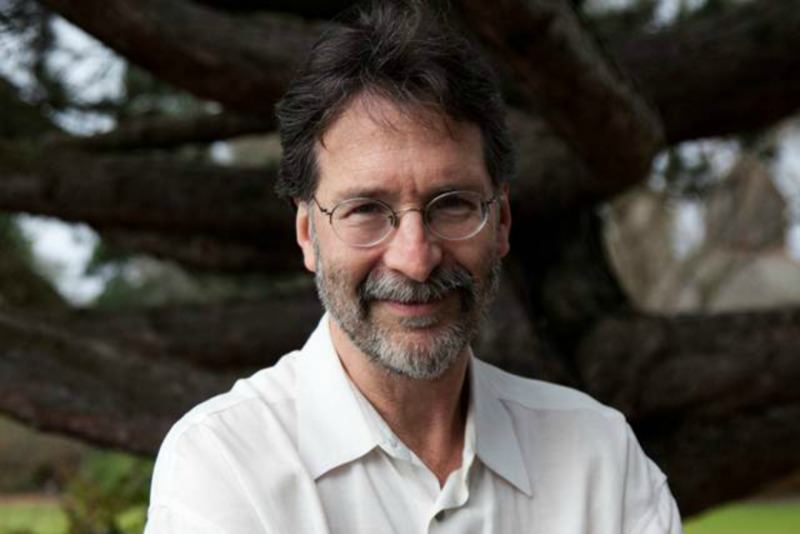
ARTS AND CULTURE
- Gillian Bouras
- 30 May 2017
14 Comments
Brian's work was notable for its firm yet subtle control, the great tumbling yet disciplined lists of adjectives, the elevation of the quotidian, the appreciation of the natural world and its creatures, the sheer love of life. Re-reading one recent piece I find the references to the 'lovely bride' and 'the house wolf' almost unbearably touching. One reader wrote he was not initiated into Brian's 'grand mysteries', but that the joy and awe conveyed rang out with love and goodwill. How very true.
READ MORE 
-
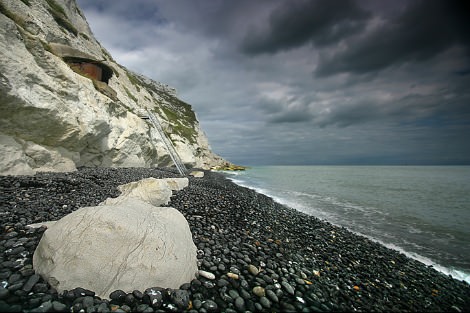
ARTS AND CULTURE
- Gillian Bouras
- 19 May 2017
13 Comments
Does poetry still matter in our Twitter society? Such was the question that caught my eye during a random Google session. The answers consisted of some lugubrious comments to the effect that poetry, like the novel, is dying. It is hard to believe that poets were once considered celebrities, and that poetry was once a pre-eminent form of entertainment. We also generally refrain from mentioning poetry and politics in the same breath. 'Twas not always thus.
READ MORE 
-
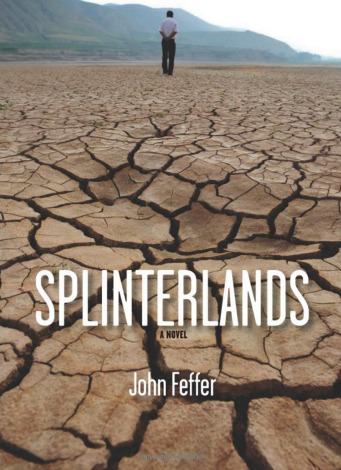
ARTS AND CULTURE
- Gillian Bouras
- 04 April 2017
6 Comments
Small wonder there is a particular surge of interest in dystopian novels: many people feel times have never been so troubled or so complicated, although I remember my father pointing out that people felt the same when the longbow and later gunpowder were invented. Amazon recently reported that Orwell and Huxley are selling like hot cakes. This at a time when certain purveyors of doom are lamenting the fact that 26 per cent of Americans, for example, did not read a single book during 2016.
READ MORE 
-

ARTS AND CULTURE
- Allan Padgett
- 01 March 2017
Notes that humans cannot hear include the sound of thylacines crying in a van diemen forest, a dodo's plaintive shuffle on a nearshore kiwi island, a mammoth's woolly orgasm on an ecstatic arctic tundra, an esperance dog weed's silent transpiration, the rumbles of a gastric brooding frog giving birth by burping - these things are far too late for caring. Things we need to see and taste include the surging milk of human kindness, the euphoric rainbow of random caring - these would make a nice day nicer.
READ MORE 
-

ARTS AND CULTURE
- Tony London
- 13 February 2017
6 Comments
The chimneys of various shapes and sizes on the priest's houses next door, have not spumed since the winter, and in and around St Patrick's things like that might seem symbolic. Will fires ever be lit there again - lest the people speak - the ribbons spliced up and down the wrought iron railings, rattle in the brisk autumn breeze, telling stories of love, suffering and endless disharmony, broken trust, send messages to those in the passing traffic ... better the devil you don't know ...
READ MORE 
-
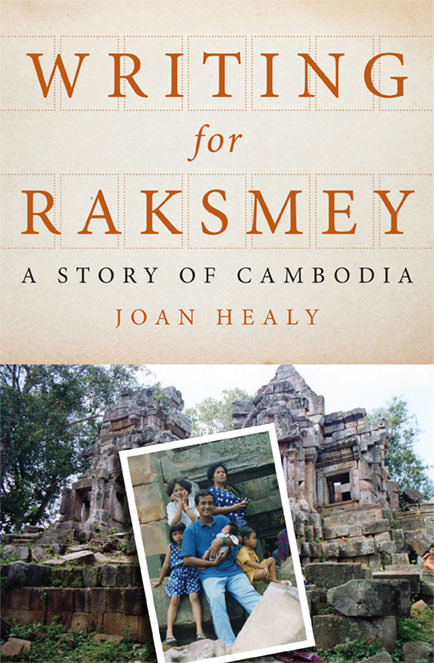
INTERNATIONAL
- Andrew Hamilton
- 29 November 2016
3 Comments
I spent some summers in the border camps around the same time as Healy. This was life-changing: it made me subsequently look at policies from the perspective of those affected by them. But on reading these stories told by from the perspective of the Khmer people I recognised how much of their life I had not noticed. This gap between perception and reality may be pertinent to reflection on how we are to respond to the startling recent shifts in our world and to the brutality that runs through them.
READ MORE 
-
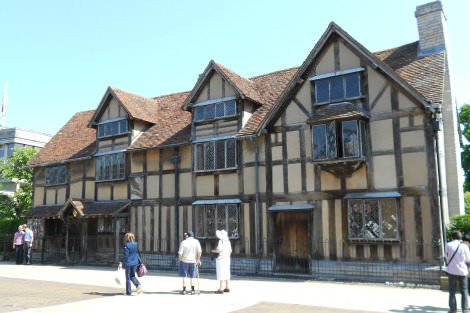
INTERNATIONAL
- Patrick McCabe
- 29 November 2016
3 Comments
Someone I read in high school, so probably Shakespeare, once said 'The past is a foreign country, they do things differently there.' Well, whoever it was clearly hadn't been to Stratford-upon-Avon (so maybe not Shakespeare then). Here, you truly can visit the past, without a passport. As one peruses the shops, houses, supermarkets and ATMs, one cannot help but speculate as to the links between Shakespeare's works and what must have been the commonplaces of his everyday life.
READ MORE 
-
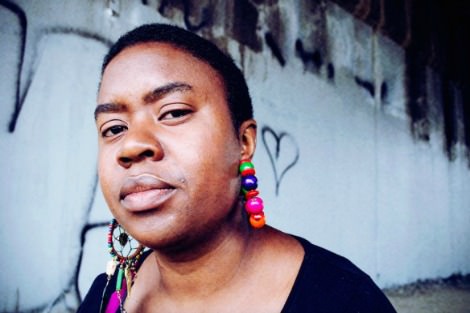
AUSTRALIA
- Neve Mahoney
- 25 November 2016
9 Comments
In a utopian world, free of racism and bigotry, there would be no problem with writers having complete artistic freedom. It becomes a problem when, for example, a white author takes the experiences of a Ugandan woman and writes a novel that becomes an acclaimed bestseller, while writers of colour struggle to get published and have their own stories told. This is white privilege at its finest. Morally, should the privileged be able to profit from the experiences and oppression of another culture?
READ MORE 
-
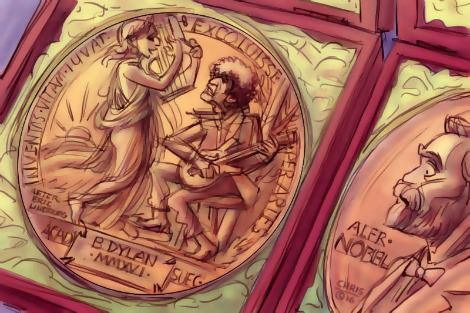
INTERNATIONAL
- Philip Harvey
- 04 November 2016
10 Comments
Initial silence from Dylan after the announcement of his Nobel Prize led one of the Scandinavian officials to complain he was being 'impolite and arrogant'. This prompted even more vitriolic opinion online on all sides, from fans, litterateurs, Dylanologists, and other armchair grenadiers. Just as things were getting completely tangled up in blue Dylan himself broke the silence to explain that news of the award had left him speechless. We shouldn't be surprised. Speechless is a normal state for a poet.
READ MORE 
-
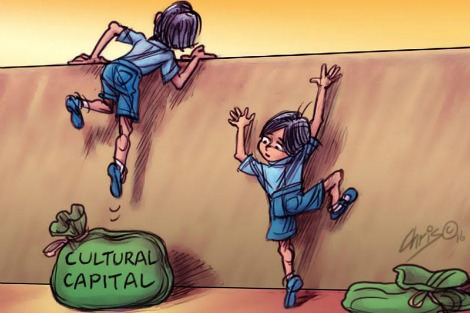
AUSTRALIA
- Sonia Nair
- 24 October 2016
15 Comments
Social theorist Pierre Bourdieu posited the disturbing finding that academic underperformance in lower-class students could be traced back to their lack of cultural capital, defined as 'familiarity with the dominant culture in a society, and especially the ability to understand and use 'educated' language''. According to Bourdieu, the mainstream education system assumes a certain level of cultural capital and as a result, educators speak in a manner that is only understood by a privileged few.
READ MORE 
-
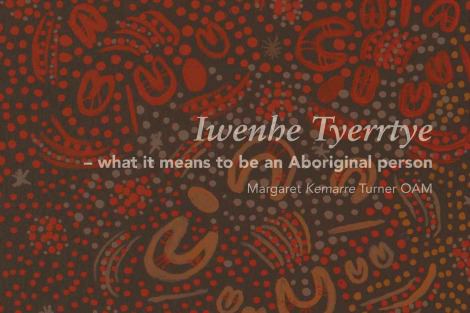
AUSTRALIA
- Mike Bowden
- 10 August 2016
11 Comments
MK rang me after the 4 Corners program on the treatment of children at Don Dale. In western lingo we talk about a 'duty of care', but for my friend MK and the Arrernte people it is more fundamental than that. They talk abou arntanrte-aremele, which means looking after, holding, nurturing or caring for. Altyerre teaches that we must care for everybody, even the people who do wrong. And 'looking after' the children is the primary role of life. This is not about western, whitefella law, it just how it is.
READ MORE 
-
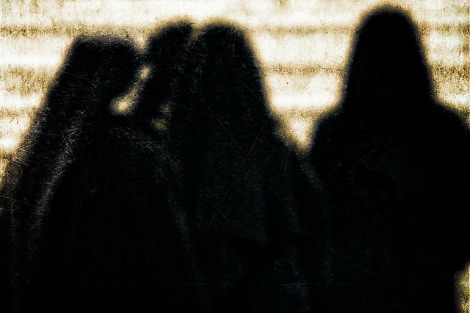
EDUCATION
I heard many interesting and sad and funny stories from this wonderment of nuns, this intensity of nuns, this insistence of nuns, but the story that stays with me is the nun who talked to me about the 50, count them 50, years she spent as a kindergarten teacher, in four schools, two of them quite rural, one quite urban, and one, she said, in the furthest outskirts of the city, the place where immigrants and migrants and really poor people live, the place where the bus route ends.
READ MORE 